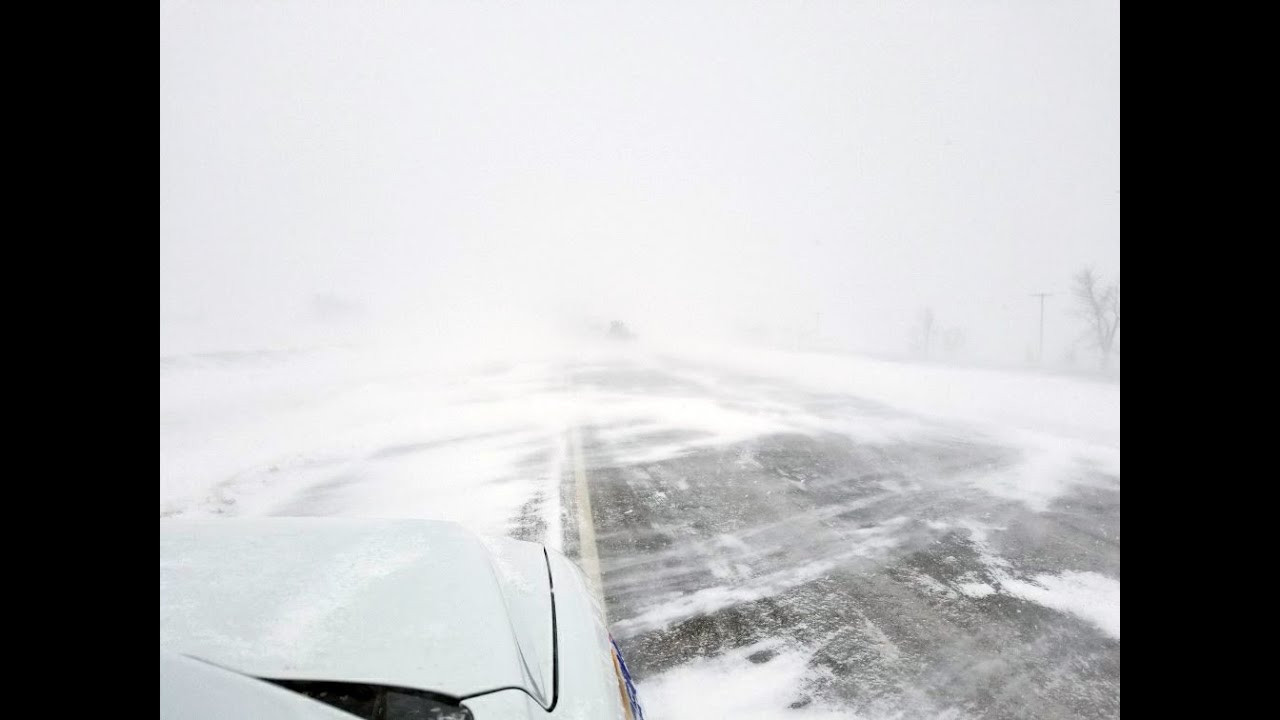Ireland's Unprecedented Snowstorm: Power Outages and Widespread Disruption
Significant snowfall across Ireland has resulted in widespread power outages and travel disruptions, leaving thousands stranded and facing hazardous conditions. The impact of the severe weather is being felt across the island, with reports of substantial snow accumulation in several counties. The Republic of Ireland's weather service, Met Éireann, issued numerous alerts for snow and ice, describing the situation as a "multi-weather hazard event."
Power Outages and the Ongoing Response
In the Republic of Ireland, approximately 28,000 homes, farms, and businesses are without power. The counties of Limerick, Tipperary, Kilkenny, Carlow, Laois, and Wicklow are among the worst affected, experiencing significant disruptions to daily life. ESB Networks, the electricity provider, has deployed crews to restore power where it is safe to do so. They acknowledge the disruption and express gratitude for the patience of their customers. The electricity supply board's statement emphasizes their commitment to restoring power swiftly and safely. A National Emergency Coordination Group (NECG) meeting was convened to assess the situation's impact.
Impact on daily life
The widespread power outages have led to significant disruptions, impacting businesses, daily routines, and access to essential services. This power disruption highlights the vulnerability of infrastructure during extreme weather events. The affected businesses and homes face further delays in returning to normalcy, potentially affecting livelihoods and everyday lives. The prolonged outage affects not only daily routines but also crucial infrastructure, necessitating a long-term solution that considers climate change and the resulting extreme weather patterns.
Weather Warnings and Travel Disruptions
Met Éireann issued status orange warnings for snow and ice in eight counties: Carlow, Kilkenny, Laois, Offaly, Wicklow, Clare, Limerick, and Tipperary. Cork, Kerry, and Waterford faced an orange rain and snow alert. Yellow warnings covered the rest of the country. These warnings highlight the severity of the weather conditions and the potential for significant disruptions. Met Éireann also highlighted the risk of hazardous travelling conditions, poor visibility, and disruptions to public transport. The warnings included information about possible road closures, travel delays, and the potential impact on air, rail, and bus services.
The Met Office forecasts
The Met Office issued similar warnings for Northern Ireland and parts of England and Wales, forecasting up to 30-40cm of snowfall in some areas and widespread travel disruptions. Manchester, Liverpool John Lennon, and Birmingham Airports temporarily closed runways due to heavy snow. These forecasts underline the severity and wide reach of the current weather system, encompassing various regions and transport systems.
The Impact Beyond Power Outages
The severe weather impacted more than just power. In the Republic of Ireland, four Irish Cup fifth-round ties and the GAA All-Ireland Club semi-finals were postponed. Taoiseach Simon Harris urged vigilance on roads and while traveling, emphasizing the ongoing need for caution and preparedness given the weather forecast for the remainder of the week.
NI Water also issued warnings about the dangers of frozen waterways, advising people to avoid walking near reservoirs and advising dog owners to keep their pets on leashes. The extended periods of freezing temperatures pose a significant risk to both infrastructure and life. This reinforces the need for heightened vigilance, and the authorities' efforts to ensure public safety.
Looking Ahead: A Bitterly Cold Week
Met Éireann's four-day weather advisory highlights the severity and longevity of this weather event. The forecast predicts a bitterly cold week ahead, with temperatures potentially reaching -10 degrees Celsius. The forecast for the week indicates the persistence of severe weather conditions. Further flurries of snow, widespread frost, ice, scattered wintry showers, and the potential for freezing fog pose ongoing challenges.
The predicted low temperatures and potential for further snowfall present significant concerns for vulnerable individuals, businesses, and infrastructure. This prolonged period of extreme weather conditions necessitates ongoing preparedness, vigilance, and a coordinated response from the relevant authorities. The warnings issued by weather authorities emphasize the need for continued caution and preparedness as the cold weather persists.
The situation underscores the importance of community support, individual preparedness, and effective emergency response systems. Staying informed about weather updates and following safety guidelines are crucial for navigating this challenging period. This extreme weather event serves as a stark reminder of the importance of adapting to a changing climate and ensuring robust emergency preparedness. The persistent cold weather calls for a continued proactive approach to addressing potential hazards and supporting those affected.

















